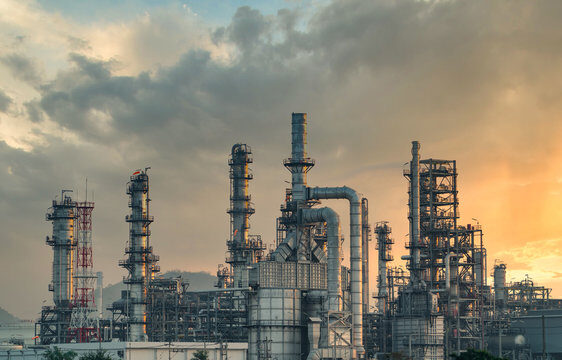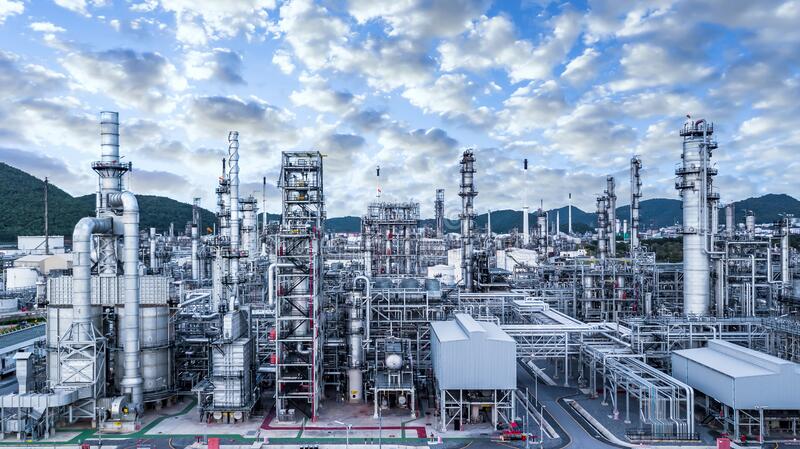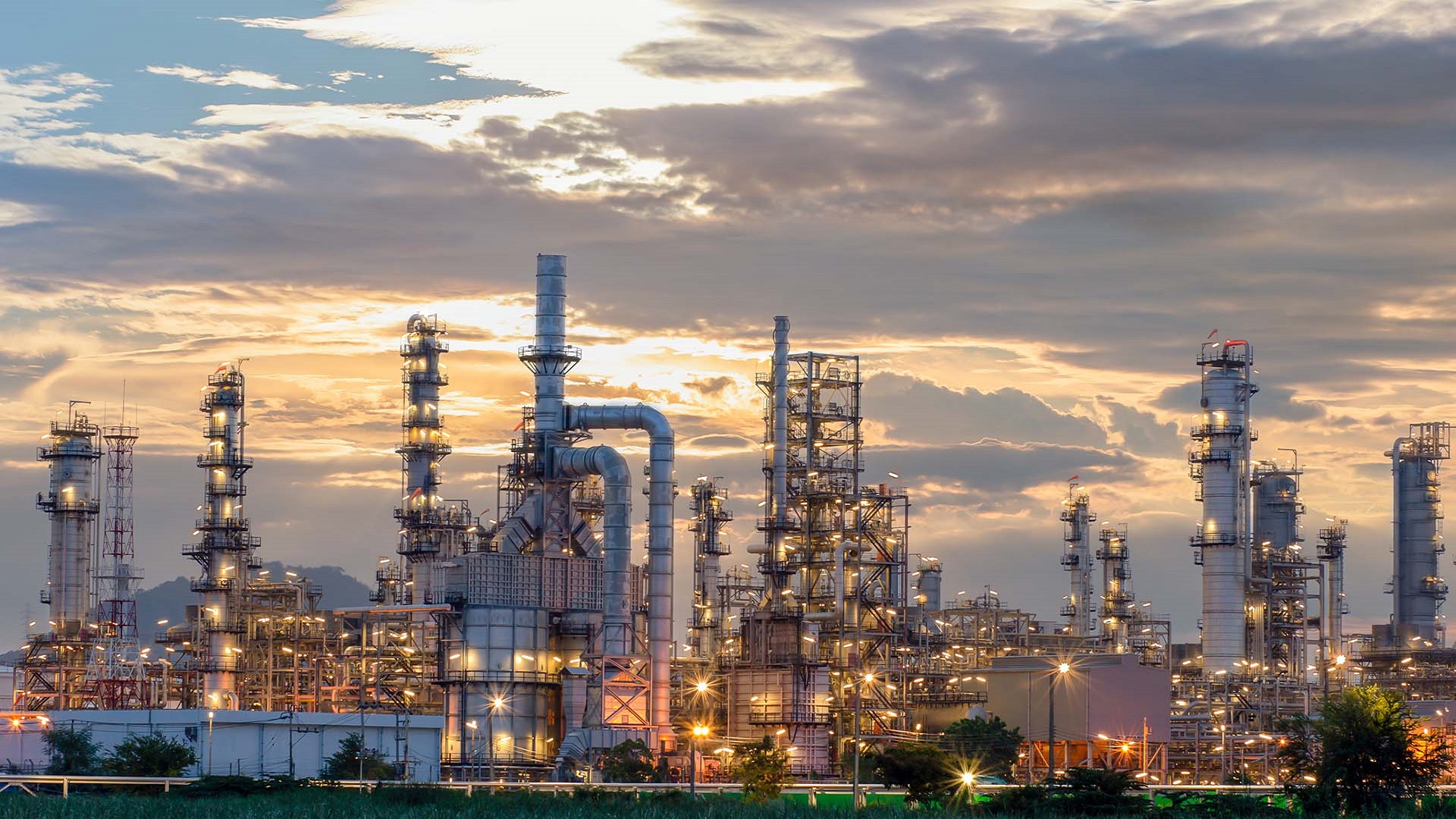Petrochemicals
Several major accidents have made the need for risk management glaringly obvious. Accidents such as the one that happened in petrochemical industries in Germany in 2016, the refinery explosion in Ivory Coast in 2017, India's Bhopal (with 4,000 killed), Ukraine's Chernobyl (with 38 killed), England (With 28 people killed), Italy's Seveso (with a gas mass released from the blast 6 km long and 1 km wide), the one that happened in the US Gas Plant in 2016 and Thailand petrochemicals accident in 2016 have caused severe consequences for people and the environment. That is why risk management in the petrochemical industry has been widely criticized in recent years.
Such events have drawn public attention to the chemical industry and different types of risks that are involved in the petrochemical industry, and then as a result have increased the need for systematic safety analysis of various processes in the chemical industry. According to statistics, 5,000 people die every day in the world due to accidents and work-related illnesses and it shows the importance of risk management.



Technical solutions and risk mitigation measures have become sophisticated, but the “human factor” still remains unpredictable and it is one of the key problems of modern risk management within different industries including the petrochemical industry. Recognizing this truth is therefore the first step in creating successful risk management strategies.
